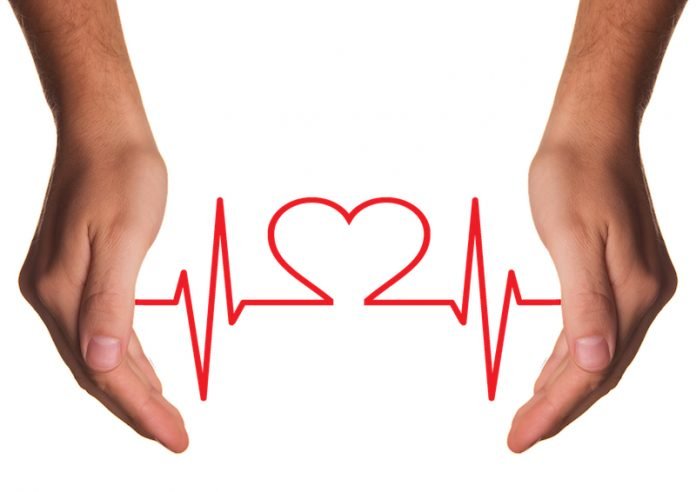
As social distancing keeps families apart, many who care for a parent or loved one with heart failure may be left wondering how to best keep them safe.
In the United States, more than 6 million people are living with heart failure.
Based on current information, people with heart disease, including heart failure, who get sick with COVID-19 are more likely to experience complications, or even death.
“When the cardiac system is weakened by heart failure and unable to maintain normal efficiency, it can be susceptible to the inflammatory stress induced by a viral infection like COVID-19,” says Jacob Chemmalakuzhy, MD, medical director of Advanced Heart Failure and Transplant Cardiology at Medical City Heart Hospital in Plano, Texas.
Additionally, people with chronic medical conditions may have a less robust immune system.
One of the most important things a person with heart failure can do is to manage their symptoms and report significant changes to their healthcare team.
This allows the team to monitor symptoms – even via telemedicine – before they require a visit to the hospital.
Each day, a person with heart failure should:
Weigh themselves. Increases of 2-3 pounds should be reported to their healthcare team.
Monitor swelling in the legs
Monitor shortness of breath
Monitor chest pain
Assess whether they can do the same level of physical activity as the day before
Determine if they got restful sleep
The American Heart Association’s Rise Above Heart Failure initiative, nationally sponsored by Novartis Pharmaceuticals Corporation, offers these tips for supporting loved ones living with heart failure during this time of isolation:
Keep in touch virtually. Phone calls, mailed letters, drive-by parades and video calls let your loved one know you care. For people who do not have access to smart phones or web cams, a good old phone call does the trick, too.
Use these opportunities to check in with your loved one on how they are coping emotionally and remind them to do a daily self-check.
Make a plan. If your loved one experiences symptoms of COVID-19, make sure they know to call their healthcare team to get next steps for care and testing.
Help them understand when symptoms, such as shortness of breath, are life-threatening and they should call 9-1-1.
Shortness of breath that comes on suddenly and does not resolve with rest or is paired with chest pain, dizziness or lightheadedness is considered life threatening.
Help them with virtual appointments. If their medical appointments are no longer in-person, set up a conference call so you can listen in and ask questions, as you would for a normal in-person visit.
Ask the healthcare provider for guidance if labs and visits are critical right now.
Ensure they continue to take medications as prescribed. These medications are helping their heart to be efficient.
The American Heart Association, the Heart Failure Society of America and the American College of Cardiology recommend continuation of angiotensin converting enzyme inhibitors (ACE-i) or angiotensin receptor blocker (ARB) medications for all patients already prescribed for indications such as heart failure, hypertension or ischemic heart disease.
Offer assistance with getting their groceries or performing other outside errands – As much as possible, a person with heart failure should avoid exposure to others who may have COVID-19.
Offer to place a grocery order for delivery, if they are not able to do so on their own.
If delivery is not an option, be sure your loved one knows which local grocery stores offer special hours for those at higher risk for coronavirus and wears masks, wipes down cart handles and maintains a minimum 6-foot distance between shoppers.
If you shop for them, ensure that the food you purchase for them is low in sodium, as eating too much sodium can aggravate heart failure.
Get a self-management app. The American Heart Association has developed HF Path™, a self-management tool for people with heart failure. If your loved one has a smart device, they may download it and track their daily symptoms for free.
The app also includes patient education and resources on how to best manage their HF. If technology is a barrier, it may be helpful to use the app yourself to keep track of your loved one’s symptoms.
Get support. For you and for them. It’s normal to feel scared, overwhelmed or confused when managing heart failure and the current situation is stressful enough.
Getting support from loved ones or people who are in a similar situation can help you cope. Connect with other survivors and caregivers through the American Heart Association’s free online Support Network.



